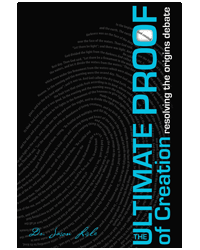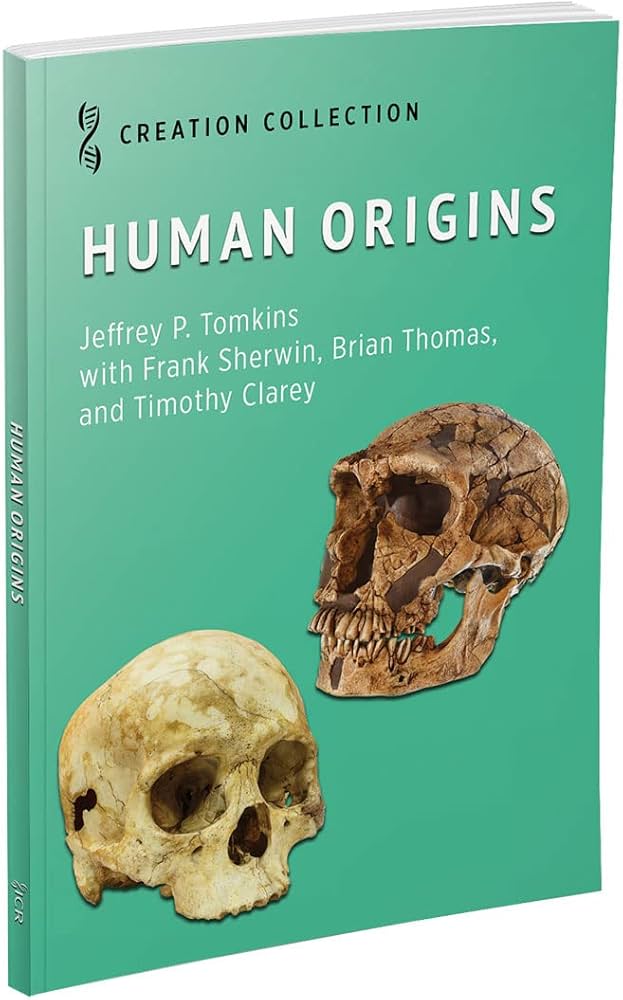Articles » Philosophy
Most people, over the years, have heard about big name atheistic scientists. The most prominent example today is evolutionary biologist Sir Richard Dawkins, who holds the Chair for Public Understanding of Science at Oxford University. Because of his prominent position in academia, he commands lots of attention in his campaign against the “malignant influence of organized religion in society.” It is easy enough to dismiss Richard Dawkins as extremist. Certainly his views are extreme, but the astonishing thing is that they are becoming mainstream in powerful scientific circles. Read the rest of this entry »
As a society, it is obvious that we are very impressed with the sophistication of our modern technology. It is also evident that the theoretical basis for this technology is fancy mathematics. Not surprisingly then, although not everybody can do advanced math, we consider our society to be advanced both in terms of knowledge base and physical know how. Read the rest of this entry »
Many people think we can depend upon scientists to draw dependable conclusions. Recent events in the field of environmental science however, throw some interesting light on this issue. When it is evident that a mistake has been made, do scientists change their minds? Not necessarily. The story of atmospheric ozone and the Montreal Protocol, is a case in point. Read the rest of this entry »
A new movie is scheduled for showing in theatres during the spring of 2008. It is not your average movie fare. This one, although entertaining, has the objective of educating the public about an issue of great importance. The film is actually one skirmish in a bitter battle for the hearts and minds of North Americans. Read the rest of this entry »
European scientists are excited about the Large Hadron Collider, a massive machine which is expected to begin to perform fancy physics experiments later this year. The idea for this machine was first proposed in the late 1970s. By 1990, European scientists were still trying to raise money to build this expensive device. Now finally in 2008, it should finally begin to work. Read the rest of this entry »
There is a popular saying: “I may disagree with what you say, but I will defend to the death your right to say it.” These remarks are generally attributed to Voltaire (Francois- Marie Arouet 1694-1778) in pre-revolution France. Today in most western countries, citizens expect these sentiments to be foundational to democracy. Some recent events in the United States however cause many to wonder if people really are entitled to express their own interpretations in matters relating to science. Read the rest of this entry »
Suppose that you were presented with the daunting task of learning as much as possible about some topic on which you, and other people, know almost nothing? How would you go about learning something? Why would you even bother? Would it matter to anyone if you did make this effort? Read the rest of this entry »
John Whitcomb and Henry Morris’ 1961 classic The Genesis Flood was, of course, a wonderful work. Countless people, among them many scientists, have been positively influenced by its message. In the ensuing half century however, a lot of new information and many new arguments against “the flood” have appeared. The time has long since come for an update of the 1961 work. Read the rest of this entry »
Jason Lisle, Ph.D., graduated in astronomy from the University of Colorado. After years of experience in teaching and conducting research in solar astrophysics, he wrote Taking Back Astronomy: the Heavens Declare Creation (2006) which was aimed at junior high to adult readers. Now he has written The Ultimate Proof of Creation: resolving the origins debate (2009). Read the rest of this entry »
Wouldn’t it be great if there were a small, easy to understand, nicely organized book about the global flood that could serve as a starting place for understanding this issue from a Biblical and scientific point of view? Well look no further… Answers in Genesis has produced just that; a handy little book called “A Pocket Guide to… The Global Flood”. Read the rest of this entry »
Perhaps one of the most famous books in the western world is Darwin’s Origin of Species, published in 1859. Most people with an interest in science, will remember that 2009, the one hundred fiftieth anniversary of the publication of this book, was marked by celebrations which were frequent and fervent. It seems fair to ask therefore precisely why this book merits such attention. Read the rest of this entry »
The experiment with fruit flies was basically uncomplicated. Any university student could have carried it out providing they could identify and count the various mutant forms. But there was more to the issue than mere counts of fruit fly offspring. The study was supposed to, and had long been considered that it in fact did, support a key idea of Charles Darwin. More than sixty years had passed since the fruit fly work was published. Subsequent to publication in the new journal Heredity in 1948, few people paid much attention to the study until it was quoted favourably in 1972 and 1994 as supporting Darwin’s idea of sexual selection. Those references conferred celebrity status on the work and many citations followed. But then in 2012 a study was published which questioned not only the 1948 work, but also a major component of Darwin’s theory of evolution. However the reasons and issues surrounding the new study are not what we might hope or expect. It is important to remember that scientists draw conclusions in keeping with their world view and there is more diversity in world views in science than one might imagine.
It was Rene Descartes (1596-1650) who famously said “Cogito ergo sum” or “I think, therefore I am.” Obviously thinking at that time was an activity held in high esteem. And we might suppose that thinking is a skill that we all appreciate today too. That however is not necessarily so. Consider for example the recent case of American philosopher of science Thomas Nagel. You might expect that thinking is what philosophers are paid to do. That is what Dr. Nagel thought too. Read the rest of this entry »
An interesting new book has appeared which features questions and answers and discussion on design in nature. The author informs us that there are two ways to interpret the amazing details of how creatures survive and reproduce in their environments. Firstly, we can consider if the component parts of the organism, or even a whole organism itself, actually fulfill a purpose. If the characteristics promote the success of the creature, then the answer is yes. Next we can ask ourselves what might be the best explanation for the fit of the creature with its environment. It is the case that people intuitively link such purpose with intelligence planning, declares the author. Thus we can conclude that the creature was designed for its role in nature. Here we see an inescapable example of God`s work of design since design flows from a real designer. Read the rest of this entry »
Over the last decade, everything has become digital. We don’t capture images on film anymore, but in digital files. We don’t send letters, we send email messages. We don’t buy books, we download documents to an e-reader. Every organization has a website. Information is at our fingertips, but the whole system is extremely fragile.
The problems with our digital storage technologies are twofold. The data don’t last once they have been laid down and must be transferred to keep them fresh, while the technology for storage and reading keeps changing. An amusing example of this is NASA, which in the early 2000s, found that it was unable to access data from the space program of the 1960s and 1970s. So there they were, scouring internet auction sites to find second hand eight-inch floppy drives which could read their priceless data. Similar events of loss or near loss happen all the time. In 2009 when Yahoo! closed their GeoCities server, a huge amount of data was lost, perhaps “the most amount of history in the shortest amount of time, certainly on purpose, in living memory.” Nobody seemed to notice, but if these had been paper documents which were lost from a library, the outcry would have been anguished indeed. The take home lesson is that as a digital society, we need better systems to store and read data. In view of this, some scientists have turned their attention not to a new system, but to a tried and true system, much better than modern devices. Enter DNA to the discussion. Read the rest of this entry »








